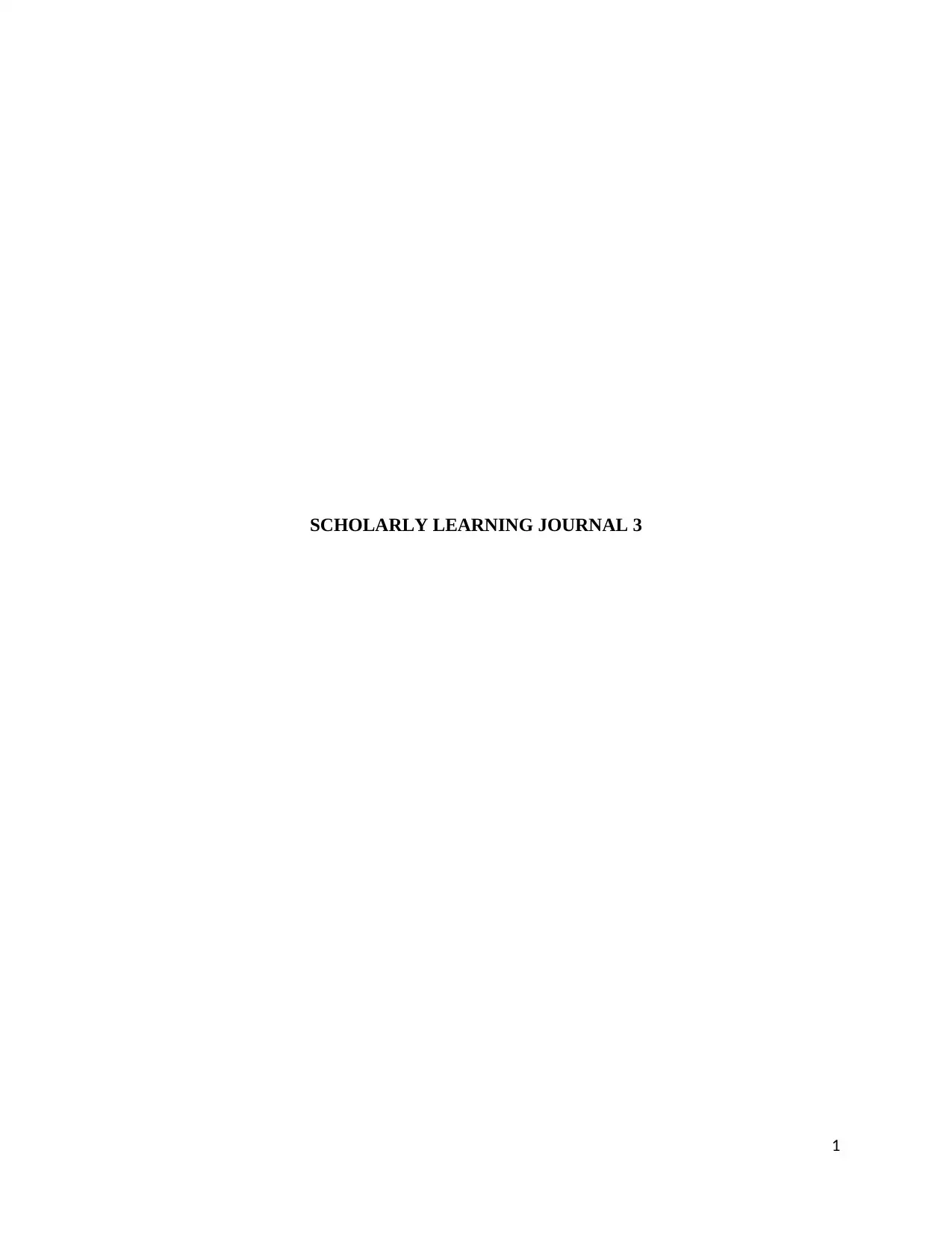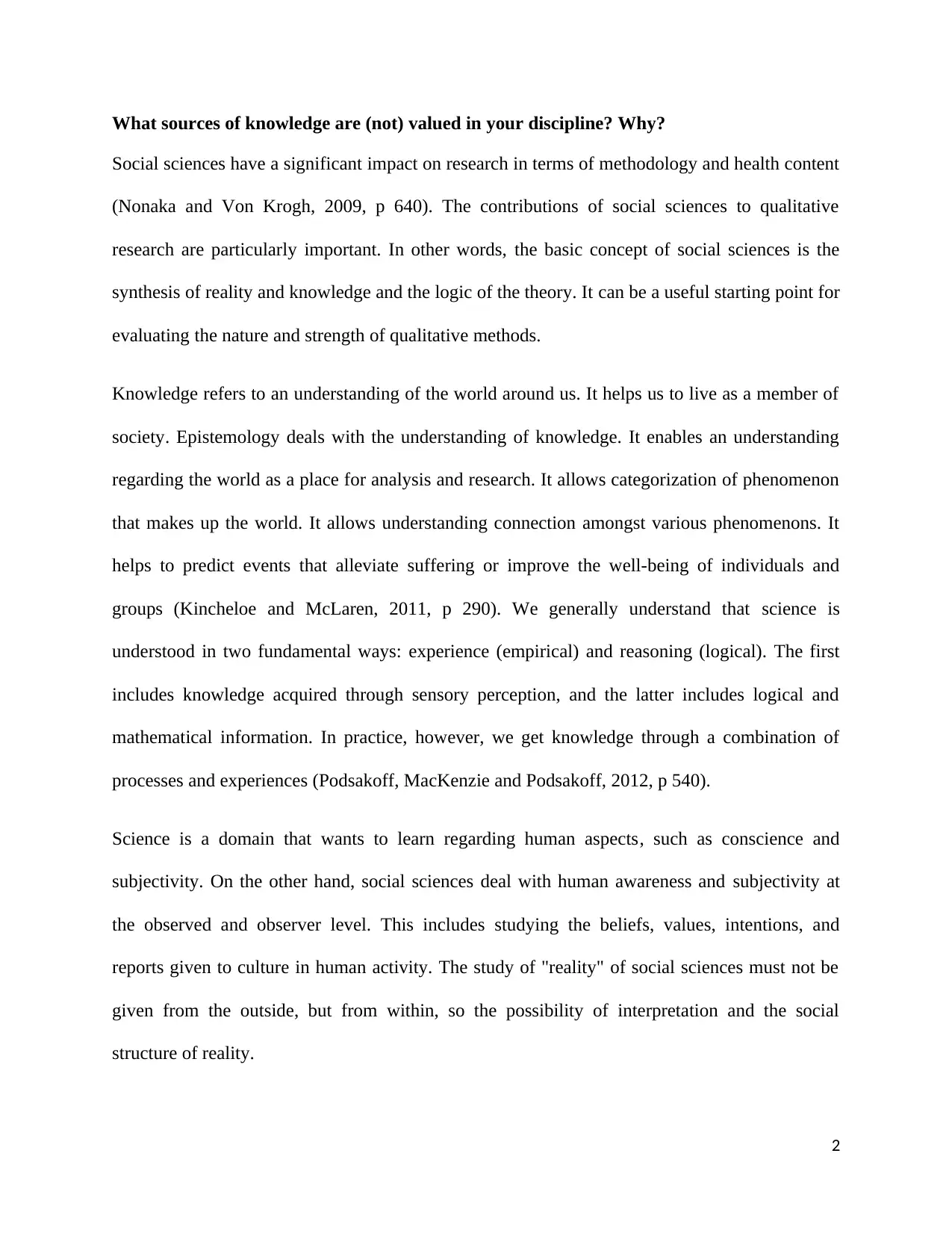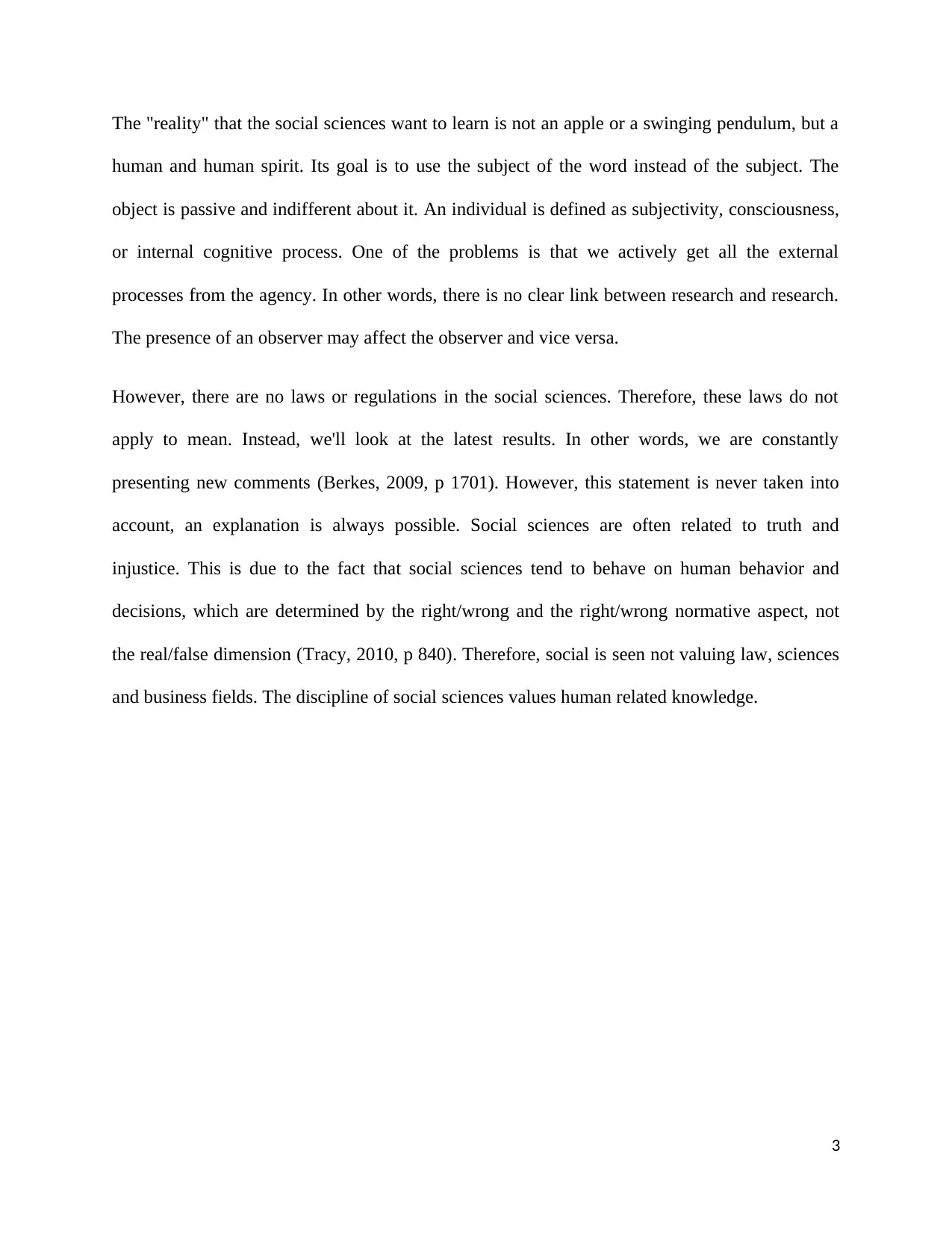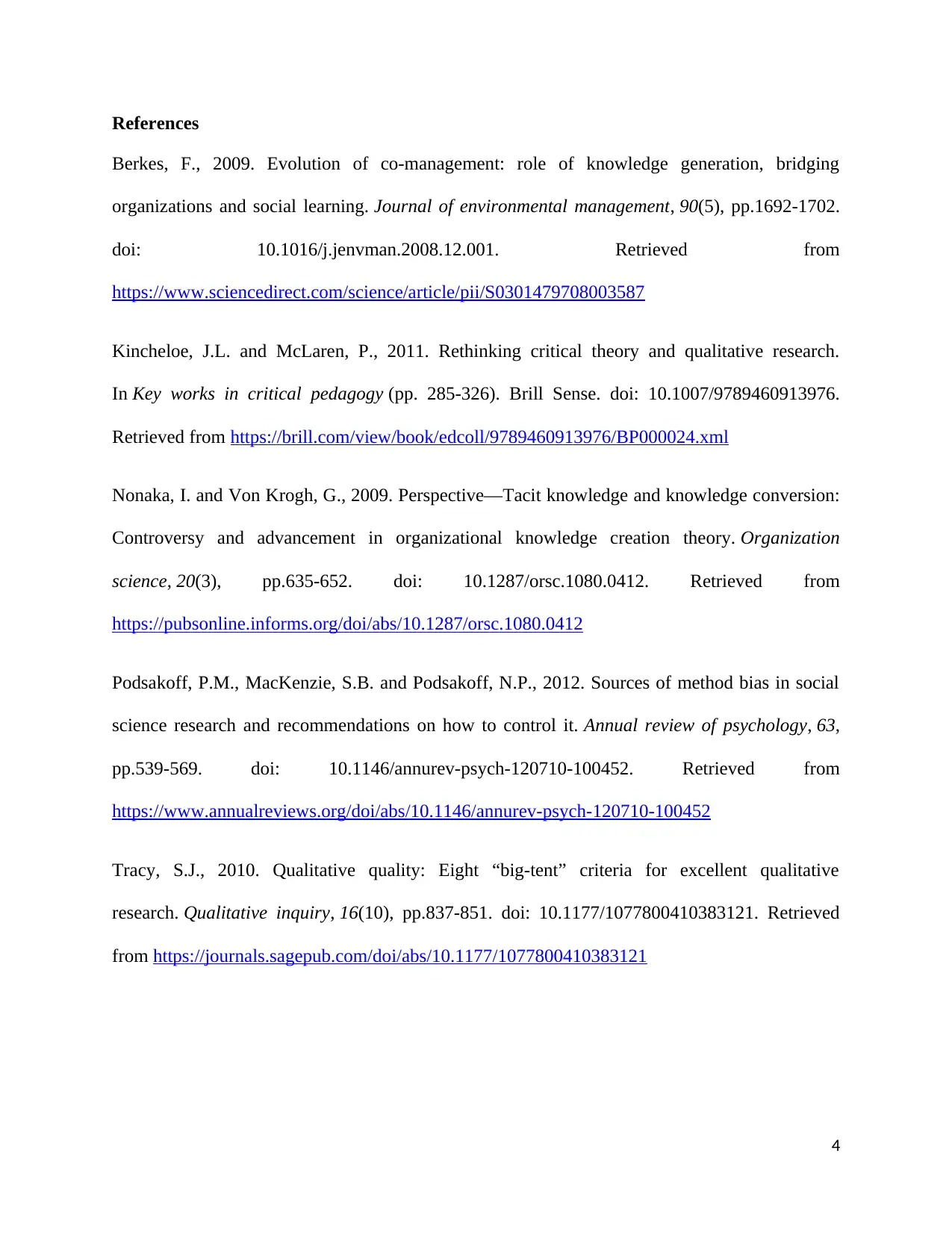Social Sciences and Knowledge: Scholarly Learning Journal 3 Analysis
VerifiedAdded on 2023/01/20
|4
|823
|82
Journal and Reflective Writing
AI Summary
This scholarly learning journal entry delves into the sources of knowledge valued within the social sciences. It emphasizes the significance of qualitative research, highlighting the contributions of social sciences to research methodology and content. The assignment explores the concept of knowledge as an understanding of the world, examining epistemology and its role in analyzing and categorizing phenomena. It contrasts scientific approaches based on experience and reasoning, while also addressing the unique focus of social sciences on human awareness, subjectivity, and interpretation. The journal entry discusses the challenges of studying human behavior, the potential for observer bias, and the distinction between social sciences and fields like law and business. The author concludes that social sciences value human-related knowledge and often relate to truth and injustice due to the normative aspects of human behavior and decision-making. References from various scholars support the arguments presented.
1 out of 4











![[object Object]](/_next/static/media/star-bottom.7253800d.svg)